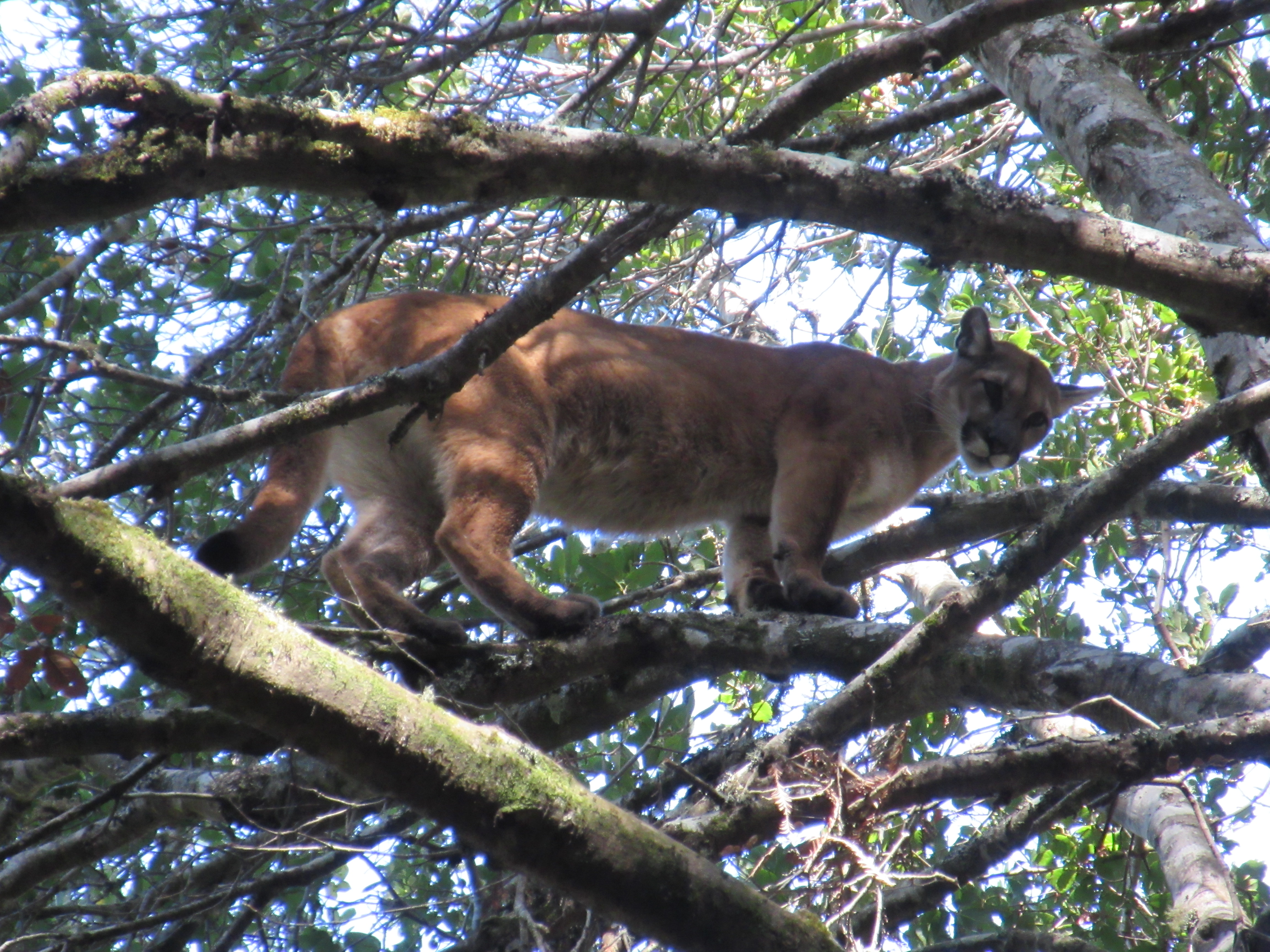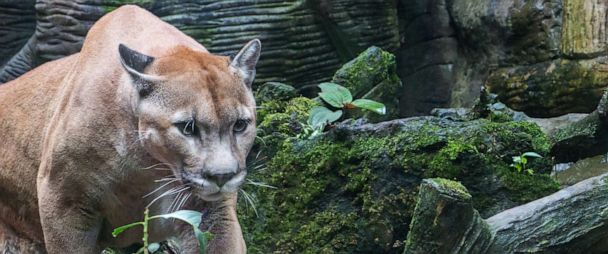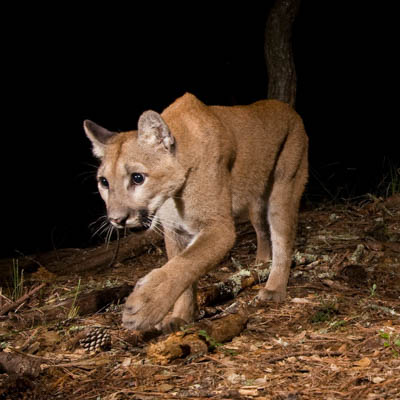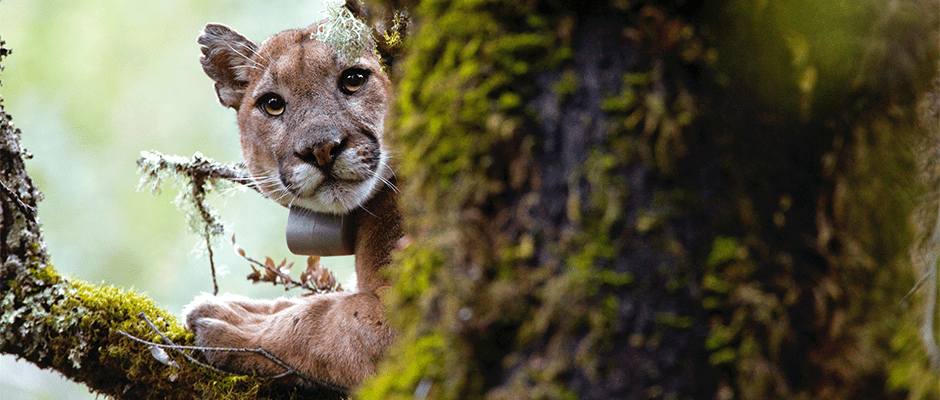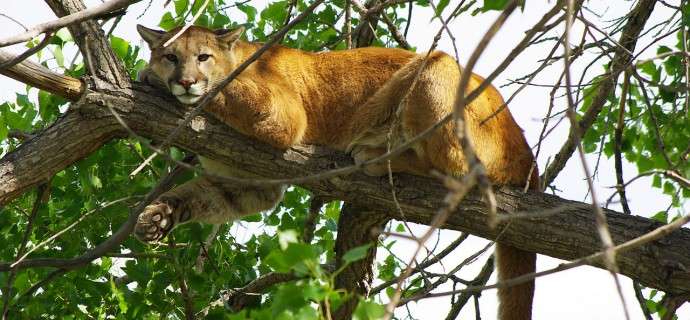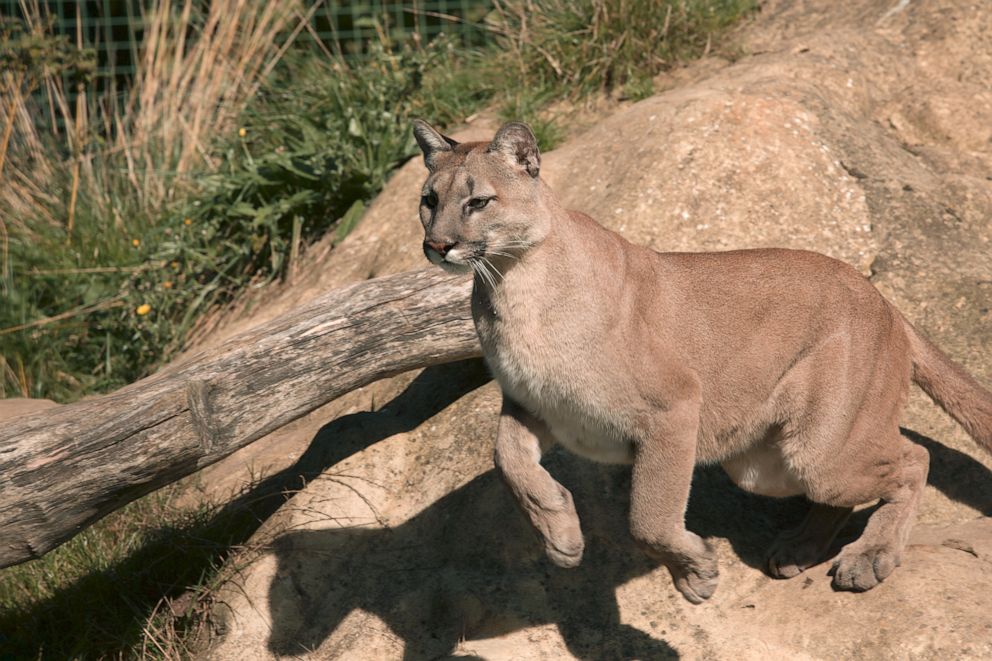
The Cougar Puma Concolor Known As Puma, Mountain Lion, Red Tiger and Catamount. Stock Photo - Image of hunting, fauna: 159657314
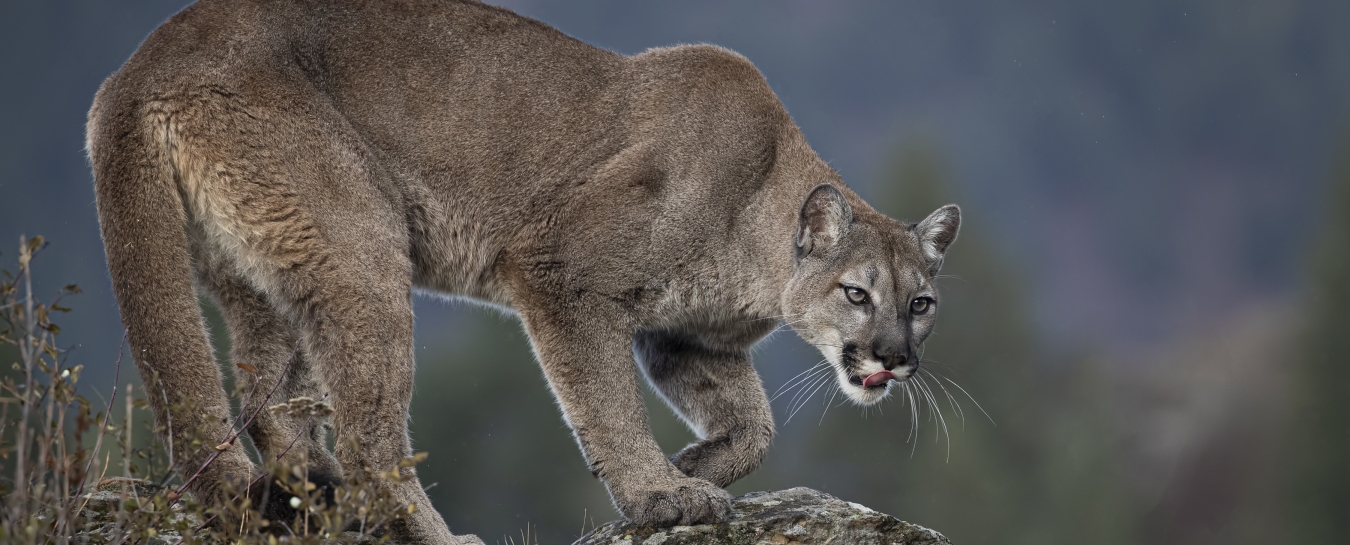
Science Pub From Home: Humans and Mountain Lions in California | Santa Barbara Museum of Natural History
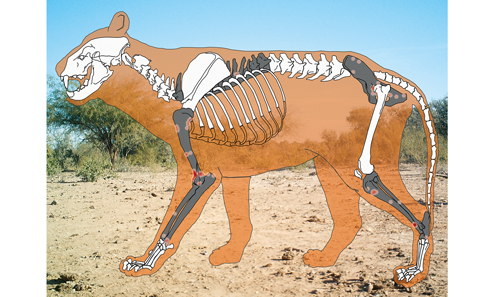
Human-puma (Puma concolor (Linnaeus, 1771)) relations in the Dry Chaco of Córdoba, Argentina - Scientific Publications of the Muséum national d'Histoire naturelle, Paris







